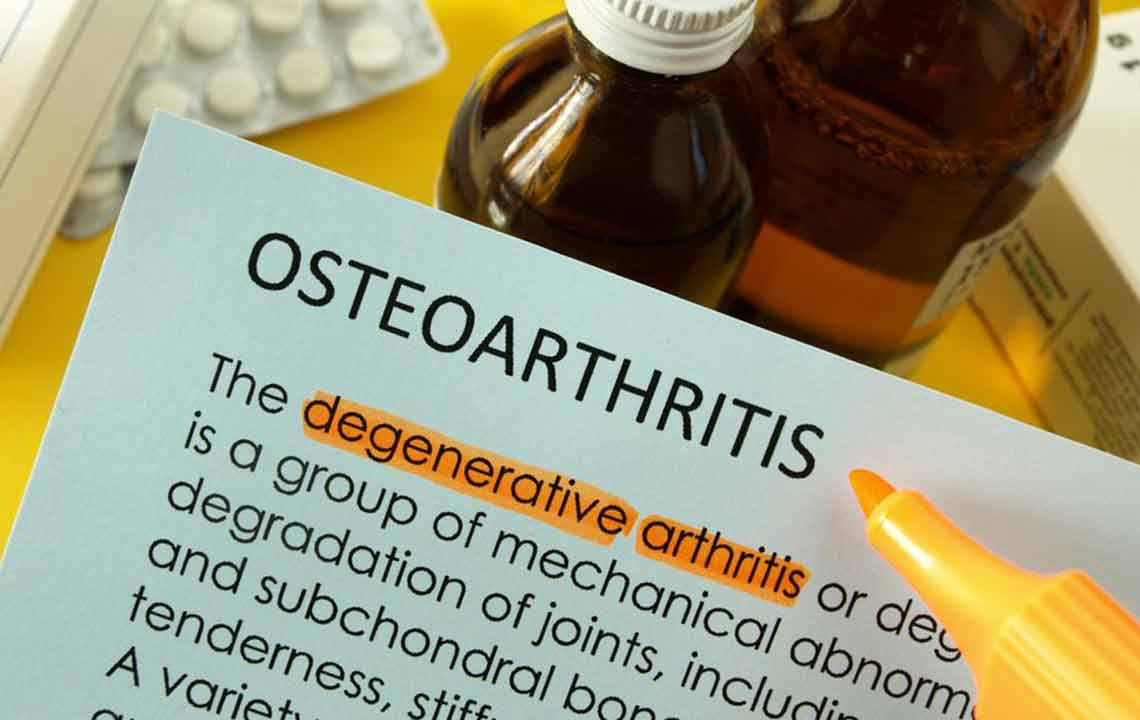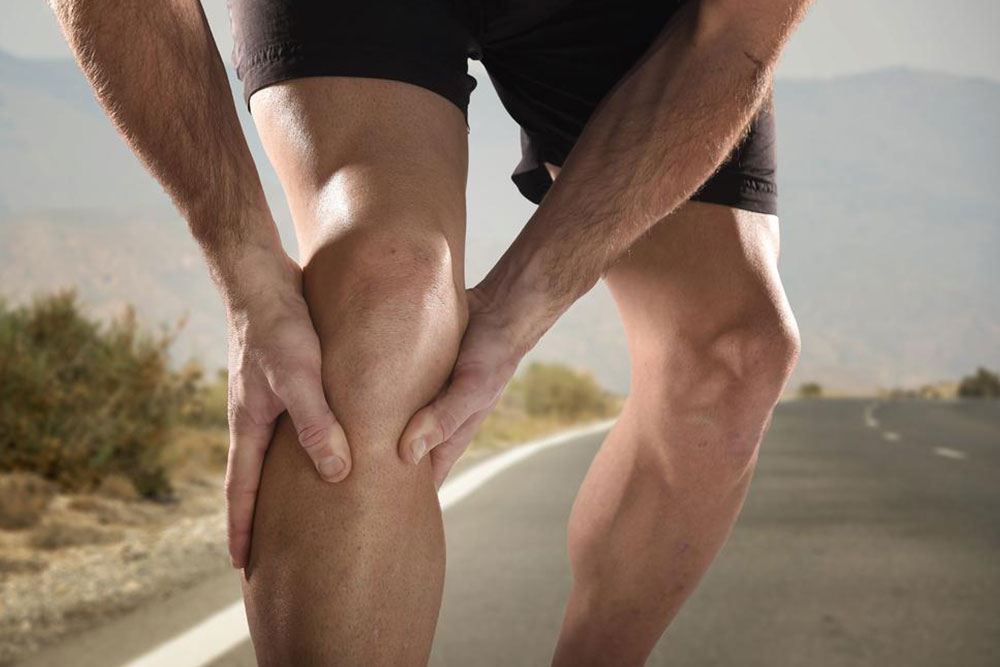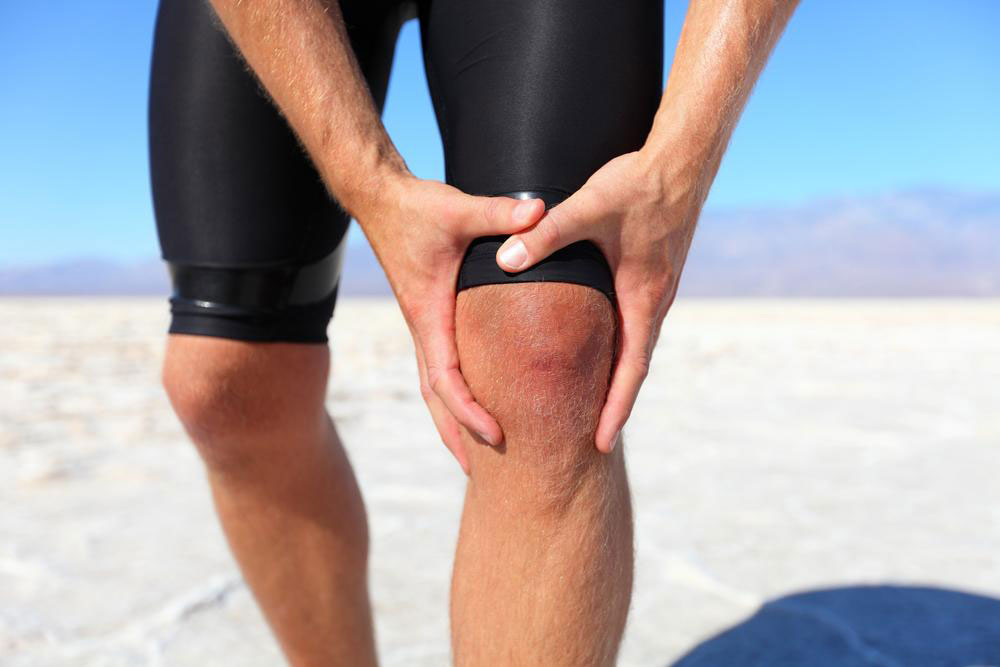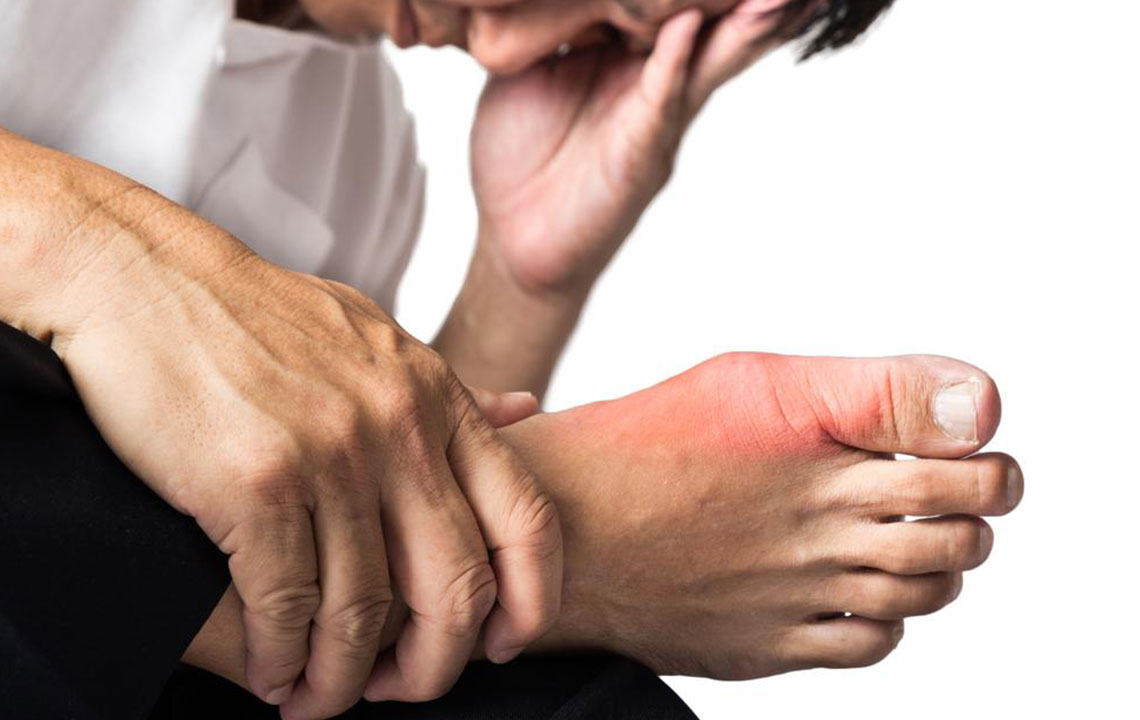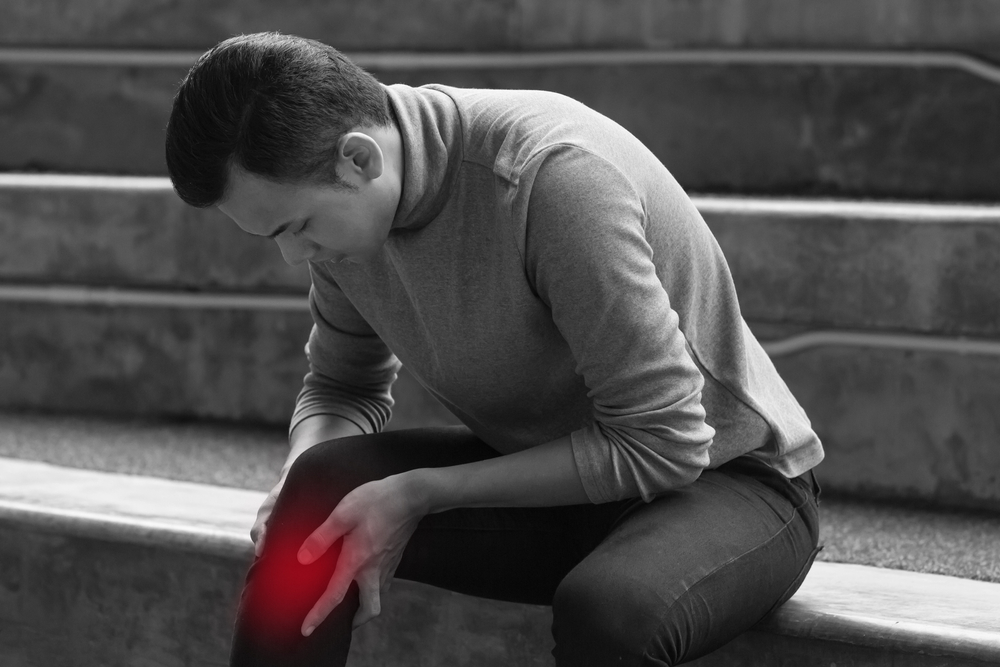Top 5 Habits That Worsen Knee Pain and How to Prevent Them
This article provides an in-depth analysis of the top five habits that worsen knee pain, including prolonged sitting, excess weight, ignoring injuries, overexertion, and improper footwear. It offers practical tips and expert advice on how to modify these behaviors to protect knee health, reduce discomfort, and prevent long-term damage. Essential for anyone seeking to maintain healthy knees, the article emphasizes lifestyle changes, low-impact exercises, and timely medical attention to promote mobility and quality of life.
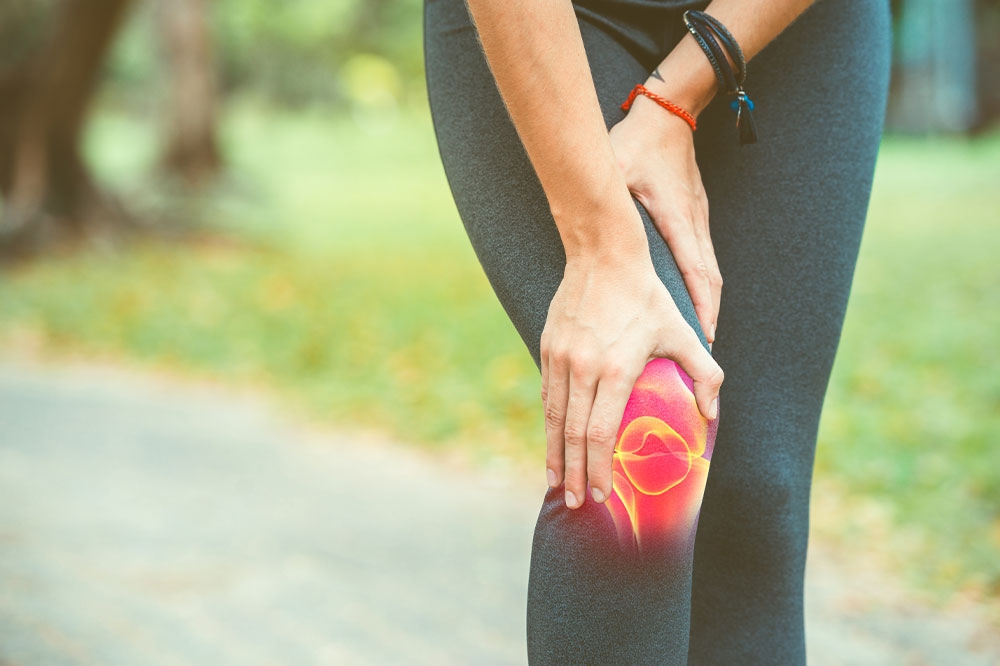
Understanding the Top 5 Habits That Exacerbate Knee Discomfort and Practical Ways to Mitigate Them
Knee pain is a common issue affecting individuals across all age groups, often stemming from lifestyle choices, sports injuries, or degenerative conditions like osteoarthritis. Although some causes of knee discomfort are unavoidable, many habits we frequently engage in can significantly worsen the condition, leading to increased pain, swelling, and reduced mobility. Recognizing and modifying these habits can make a substantial difference in managing knee health and improving quality of life.
In this comprehensive guide, we explore the five most common habits that contribute to the aggravation of knee pain. Each habit is explained in detail, along with expert advice and practical tips to help you avoid or change these behaviors, thereby alleviating knee discomfort and preventing further damage.
Prolonged Sitting and Sedentary Lifestyle
One of the most widespread causes of worsening knee problems is prolonged sitting. Many individuals, especially those with desk jobs or sedentary routines, tend to stay seated for hours on end. Although resting is essential for recovery, extended periods of inactivity can lead to muscle weakness around the knee, which diminishes the joint's stability and support. Weak muscles, particularly in the quadriceps and hamstrings, fail to adequately cushion the knee joint during movement, increasing the risk of pain and injury.
Moreover, a sedentary lifestyle contributes to weight gain, further escalating pressure on the knees. The lack of movement can also impair circulation and lead to joint stiffness, making everyday activities more painful. To combat this, it is vital to incorporate regular movement into your daily routine. Even simple activities like walking, stretching, or standing breaks can keep muscles engaged and joints healthy.
Low-impact exercises such as swimming, water aerobics, or cycling are highly recommended as they reduce stress on the knees while promoting strength and flexibility. Investing in ergonomic furniture and setting a timer to remind yourself to stand and stretch every 30-60 minutes can make a significant difference in preventing knee deterioration caused by prolonged sitting.
Carrying Excess Weight
Additional body weight exerts increased force on the knee joints with each step you take. Studies consistently show that even a slight reduction in weight can dramatically decrease joint stress, reduce pain, and lower the risk of developing osteoarthritis. Obesity is associated with a higher incidence of knee problems because excess weight accelerates cartilage wear and tear, and amplifies inflammation within the joint.
Managing weight through a balanced diet rich in fruits, vegetables, lean proteins, and whole grains, combined with regular physical activity, is crucial. Incorporating activities such as brisk walking, swimming, or stationary cycling can help burn calories while being gentle on the knees. It's important to set realistic goals and work gradually towards a healthier weight. Consulting with healthcare professionals or dietitians can provide personalized strategies aligned with your health status.
Weight loss not only alleviates knee pain but also improves overall health, mobility, and quality of life. Making sustainable dietary adjustments and staying active are powerful steps toward protecting your knees and maintaining joint integrity over time.
Ignoring Knee Pain and Injuries
Many individuals tend to dismiss minor knee discomfort or injuries, hoping they will resolve on their own. However, ignoring symptoms such as swelling, persistent pain, or instability can lead to irreversible joint damage. Early intervention is key to preventing chronic conditions and complications such as ligament tears, cartilage damage, or degenerative diseases.
If you notice any signs of knee issues, it is essential to seek professional medical advice promptly. Restoring proper function and addressing underlying problems early can significantly improve outcomes. Avoid self-medicating or ignoring warning signs, as this may prolong pain and complicate treatment.
Implementing R.I.C.E (Rest, Ice, Compression, Elevation) as an immediate response to injury, followed by physiotherapy or medical treatment, can aid recovery. Maintaining a healthy weight, strengthening surrounding muscles through targeted exercises, and using appropriate footwear can also prevent minor issues from escalating into major problems.
Overexertion and High-Impact Activities
While staying active is vital for joint health, excessive high-impact exercises such as running, jumping, or kickboxing can strain the knees, particularly if done without proper technique or preparation. Overexertion can lead to micro-injuries, inflammation, and worsening of existing conditions.
To prevent this, balance high-impact activities with low-impact alternatives like swimming, cycling, or walking on softer surfaces. Additionally, ensuring proper warm-up routines, stretching, and strengthening exercises for the leg muscles can help distribute forces more evenly across the joint.
Listening to your body and avoiding activities that cause pain are essential. If you experience knee discomfort during exercise, consider consulting a physical therapist or sports medicine specialist to develop a tailored workout plan that minimizes stress on your knees while maintaining fitness.
Inappropriate Footwear and Posture
The type of shoes you wear can significantly affect knee health. Wearing high heels, unsupportive sneakers, or shoes that don't fit properly can alter your gait and place uneven stress on your knees, leading to discomfort and potential long-term damage.
Choosing supportive footwear with adequate cushioning, arch support, and a proper fit can help reduce joint strain. When sitting, maintaining good posture—keeping feet flat on the ground, knees at a 90-degree angle, and back supported—can also minimize unnecessary pressure on the knees.
Orthopedic insoles or custom-made shoe inserts can further improve alignment and reduce pain for those with specific structural issues. Regularly replacing worn-out shoes and being mindful of your posture during daily activities are simple yet effective measures in preserving knee health.
In conclusion, addressing these five common habits can play a significant role in managing and reducing knee pain. Making conscious lifestyle adjustments, staying active with low-impact exercises, maintaining a healthy weight, and seeking timely medical advice when needed can dramatically improve knee function and overall well-being. Remember, healthy knees contribute to a more independent, comfortable, and active life. Implementing these strategies today can prevent future complications and help you stay mobile and pain-free for years to come.
